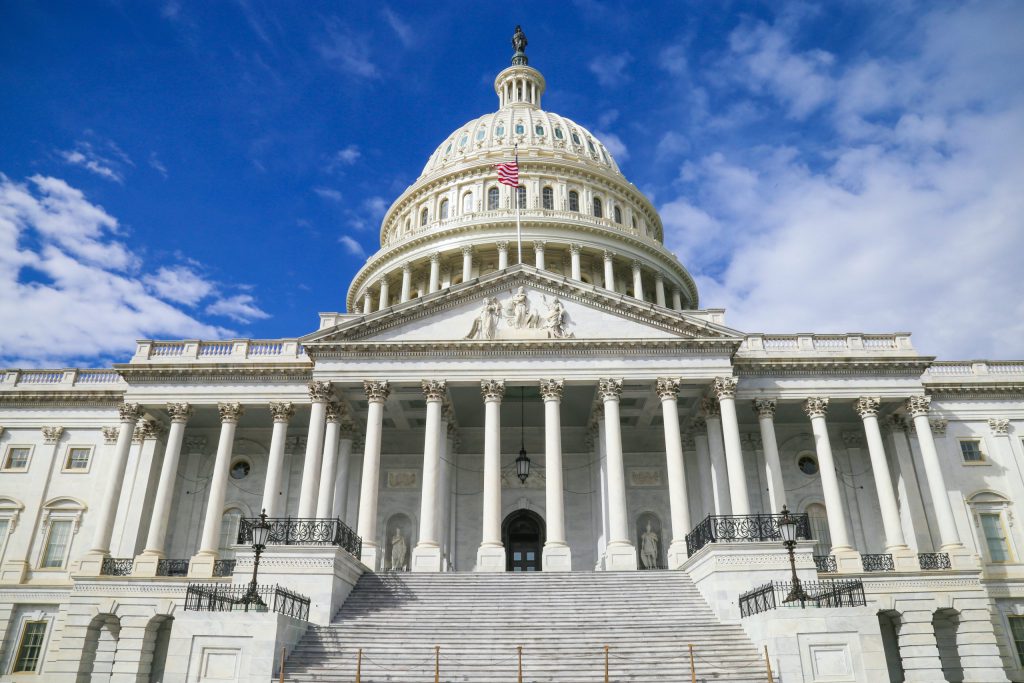Recovery Rebates
Americans with income under $75,000 if filing single or $150,000 if married filing jointly will receive $1,200 and $2,400 respectively with an additional $500 for children under age 17. There is a phaseout for incomes above the thresholds. Determination of eligibility will be made based upon your most recent tax return filed, either 2019 or 2018. This payment will not be taxable income. If you do not qualify based on previous years’ taxes, but will qualify in 2020, you will receive the rebate with your 2020 tax return next year.
Calculate your CARES Act Recovery Rebate here.
Unemployment Benefits
The federal government boosted state unemployment benefits with up to $600 per week additional income for those who qualify for initial months. Restrictions are relaxed in some cases to include the self-employed, gig workers, and those who went from full-time to less hours during the upheaval. Unemployment claim eligibility is extended for an additional 13 weeks.
Coronavirus-Related Distributions
IRA, 401k, and other retirement plan distributions are allowed if you can show economic impact from coronavirus and related closures. Up to $100,000 distribution has a waiver for early withdrawal penalties for those under 59.5 and can be paid back over a three-year period or taxes owed can be paid over that same period of time.
Required Minimum Distribution is Curtailed for 2020
For those who would normally be subject to a required minimum distribution, your 2020 distribution is no longer required. If you’ve already made a distribution, you may be able to return it if the distribution was made in the last 60 days. Beneficiary distributions are also waived for the year.
Charitable Gifts
Qualified Charitable Distributions are still available although Required Distributions are suspended. Additionally, for those of you who do not itemize and would otherwise have been unable to get a tax break from charitable gifts in cash, you can claim $300 of charitable giving in 2020. Further, restrictions on larger gift amounts have also become more flexible.
Small Business Relief
A variety of options are available to small business owners. Payroll taxes can be deferred in some cases. Net Operating Loss rules are loosened. Additionally, two new programs are available.
Payroll Protection Program
A loan program administered through the Small Business Association is being created to assist small business owners and some portions of the loans may be forgivable. Frequently Asked Questions are available at the treasury website.
Employment Retention Credit
For those who retain employees upon closure or loss of 50% of revenue, a credit is available for payroll taxes.
Medical Relief
Qualified medical expenses for flexible spending, health savings accounts, and Archer Medical Savings Accounts are expanded to include over the counter drugs and menstrual care products. Medicare beneficiaries will be eligible for a coronavirus vaccine when available and may be able to obtain a 90-day prescription for drugs. Telehealth services are also more widely available and covered.
Student Loan Payments
Student loan payments for federal student loans will be deferred until September 30th. This time will still count toward federal student loan forgiveness programs, if eligible.
Conclusions and Actions
There’s a lot to consider in the new CARES Act and many Americans are eligible for assistance.
Evaluate your options based on your personal circumstances and your financial plan. If you have questions, e-mail or team at Melissa@pearlplan.com or schedule a virtual phone call or meeting with a financial planner at our Dexter or Grosse Pointe office.


